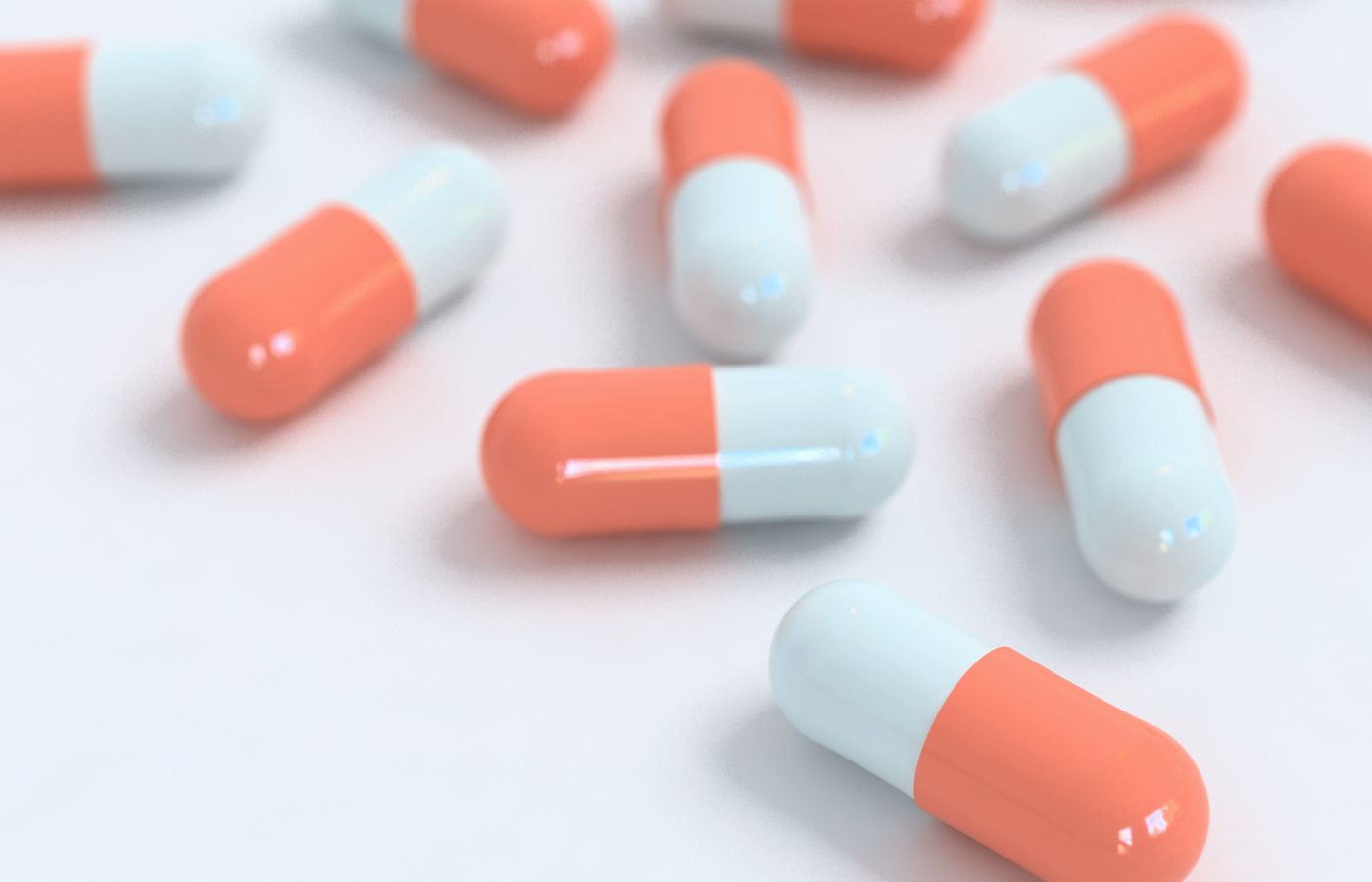blog:
Trends Changing Biopharma: How are manufacturing processes adjusting to meet demands?

We live in a fast-changing world where new technologies and unprecedented challenges require industries to adapt quickly. This has been made even more apparent in recent years, given the COVID-19 pandemic.
The biopharma industry is no different; it, too, has needed to adjust and change to keep up with demands. For example, manufacturing processes are transforming to become more robust by learning from the challenges faced during the pandemic, working to combat climate change, and introducing new technologies.
As a dedicated marketing and commercial partner to companies operating in the outsourcing space, we prioritize deepening our sector understanding by exploring the latest developments in the sector, to see how it is evolving and to keep up with trends.
So what are some of these current trends shaping drug manufacturing processes, and how are organizations adapting to meet them?
1. Working towards environmental sustainability
Working towards a sustainable future has become a priority for many industries, and companies operating in life sciences have set ambitious goals to play their part. This includes changing their manufacturing processes to be more environmentally conscious by:
* Changing current processes in favor of lower emission methods without compromising product formation efficiency and quality
* Reducing the amount of waste produced and investing in sustainable, reusable, or recyclable packaging
* Sourcing materials from more sustainable places
* Working with partners who are also committed to minimizing their environmental footprint
By combining these efforts, companies can, directly and indirectly, reduce the emissions and waste produced during manufacturing.
2. Producing a more robust supply chain
Lockdowns and travel restrictions highlighted our reliance on international trade, leading to major disruptions across the supply chain and having a knock-on effect on manufacturing. This has led to the biopharma industry re-evaluating its supply chains. COVID-19 particularly impacted the import of active pharmaceutical ingredients (APIs), as the largest global API supplier in the pharma industry pre-pandemic was China.
As a result, many companies are diversifying their supply network by working with suppliers from multiple markets and regions. This will optimize their resilience towards future challenges and prevent disruption. In addition, governments are introducing incentives to encourage local production. For example, the German government introduced the economic stimulus package, which included 1 Billion Euros dedicated to increasing the local production of pharmaceuticals, APIs, vaccines, and medical PPE.¹
3. Technological advancements facilitate digitalization
As the digital world expands, exciting opportunities arise for industries to improve their efficiency and productivity further. But how does this new digital age look for the life sciences?
Traditionally, data collected during clinical trials were stored and managed as paper records. This can make trial management inefficient, slow, and complicate data analysis. By implementing cloud computing, companies can store large amounts of sensitive data – from drug development processes to clinical trial results – in one place. This improves data analysis efficiency and aids regulatory compliance by making vital data easily accessible to authorities. In addition, with many companies moving towards decentralized clinical trials (DCTs) and remote patient monitoring (RPM), cloud computing enables remote data collection. However, cloud technology does put this data at risk of cyber attacks, but constant advancements in cloud security aim to reduce this threat.
The use of wearable technology (e.g. fitness trackers, smartwatches, and wearable biosensors) is helping to overcome some of the challenges often associated with clinical trials. For example, trials often suffer from limited patient recruitment and retention, high costs, and a struggle to hire and train staff. With wearable technology, data collection can occur remotely, reducing the need for staff recruitment and training, and it means patients don’t have to spend extended periods at a trial site. This helps reduce costs and improve trial recruitment, retention, diversity, and pool size, positively impacting the quantity and quality of data collected.
In addition, artificial intelligence (AI) advancements mean companies can process large datasets collected within drug development, manufacturing, and clinical trials and draw insights using AI, increasing the efficiency of data analysis. Production processes can also be optimized by implementing AI technology to automate workflows. Therefore AI-driven drug development is a powerful tool for the life sciences industry.
Impact on the industry
In response to recent challenges and technological advances, the biopharma industry is adapting its manufacturing processes. This is fueled by prioritizing sustainable initiatives, and implementing new strategies to circumvent disruptions and technological innovation.
At ramarketing, we are here to support companies in effectively communicating their unique selling propositions (USPs) to customers, helping them to showcase how they can support each other in a fast-changing future. Help your company grow by contacting ramarketing today.
1. Covid-19 Fuels Debate over API Production Locations | Pharmaceuticals (gtai.de)
Related news, insight and opinion




